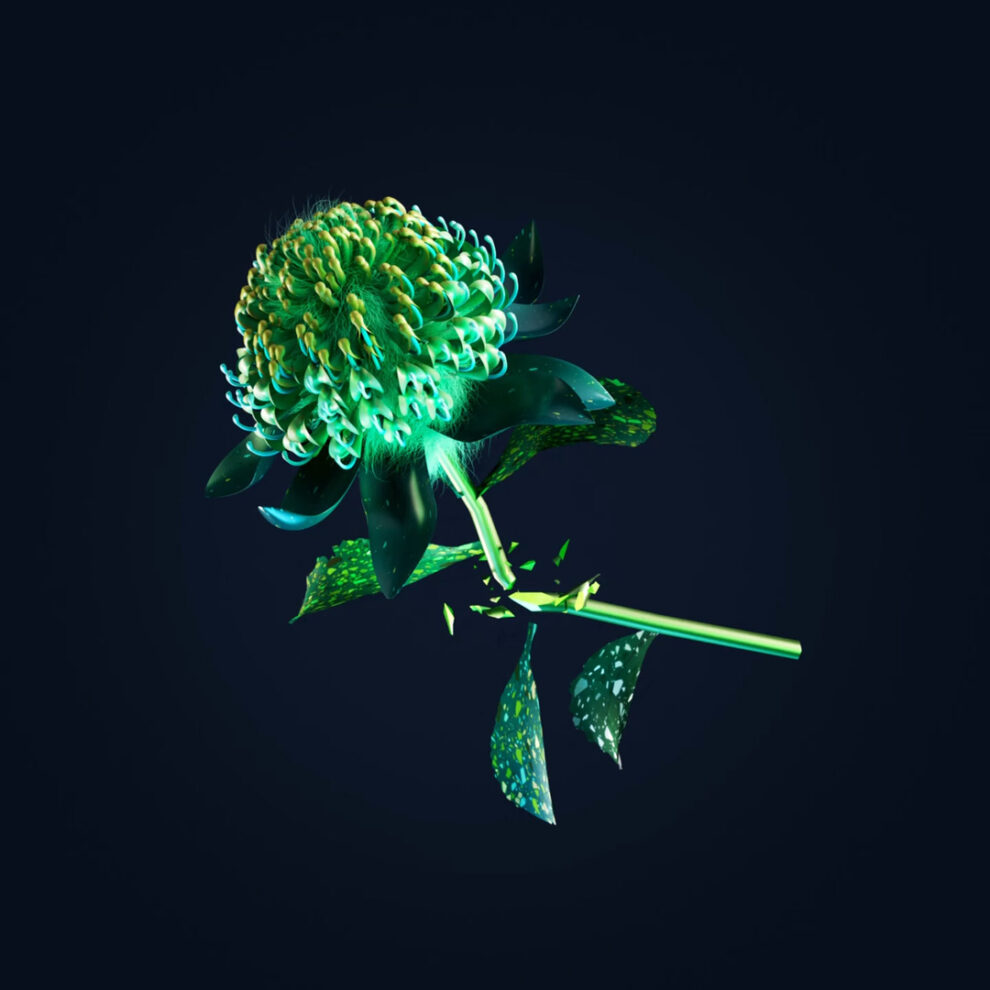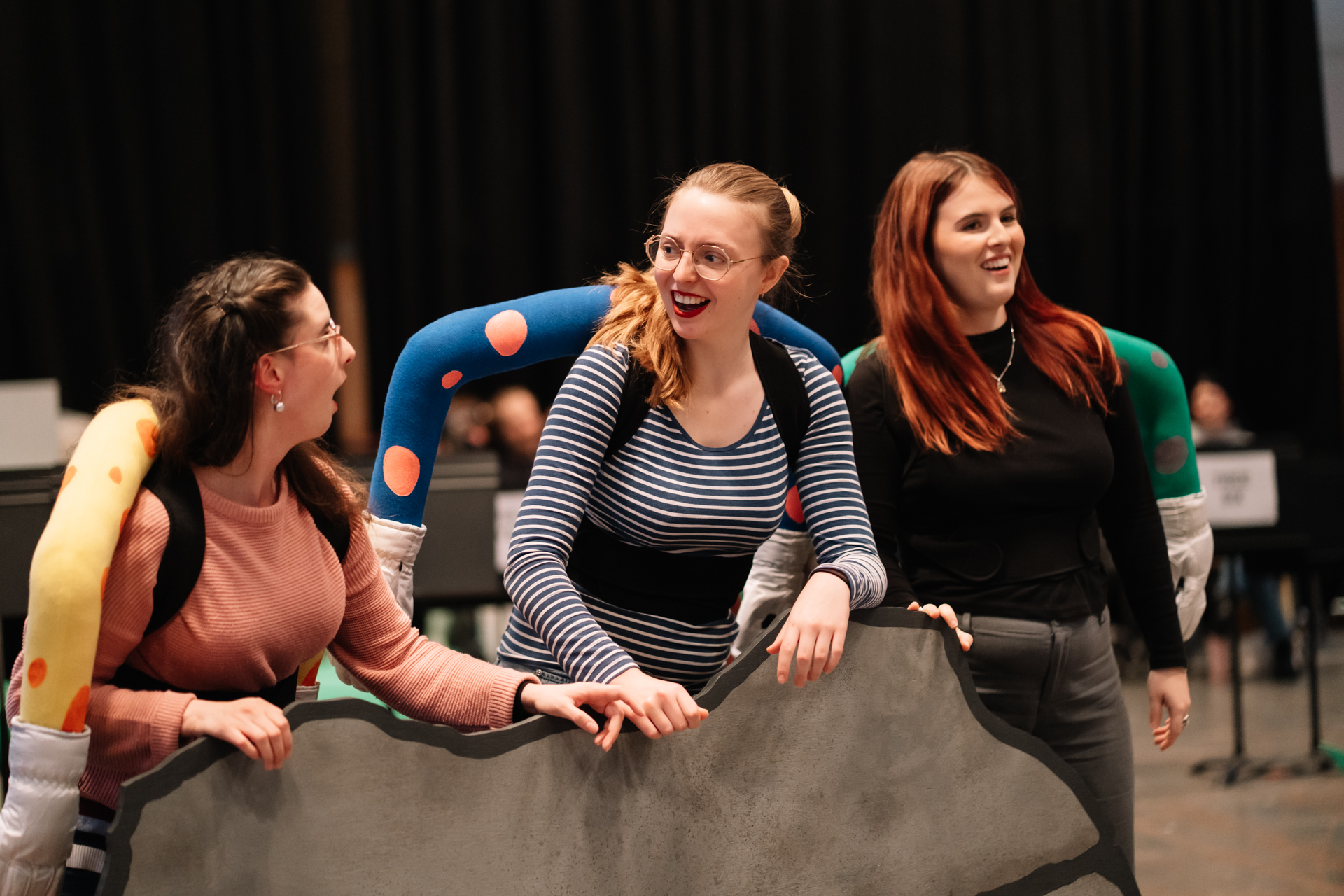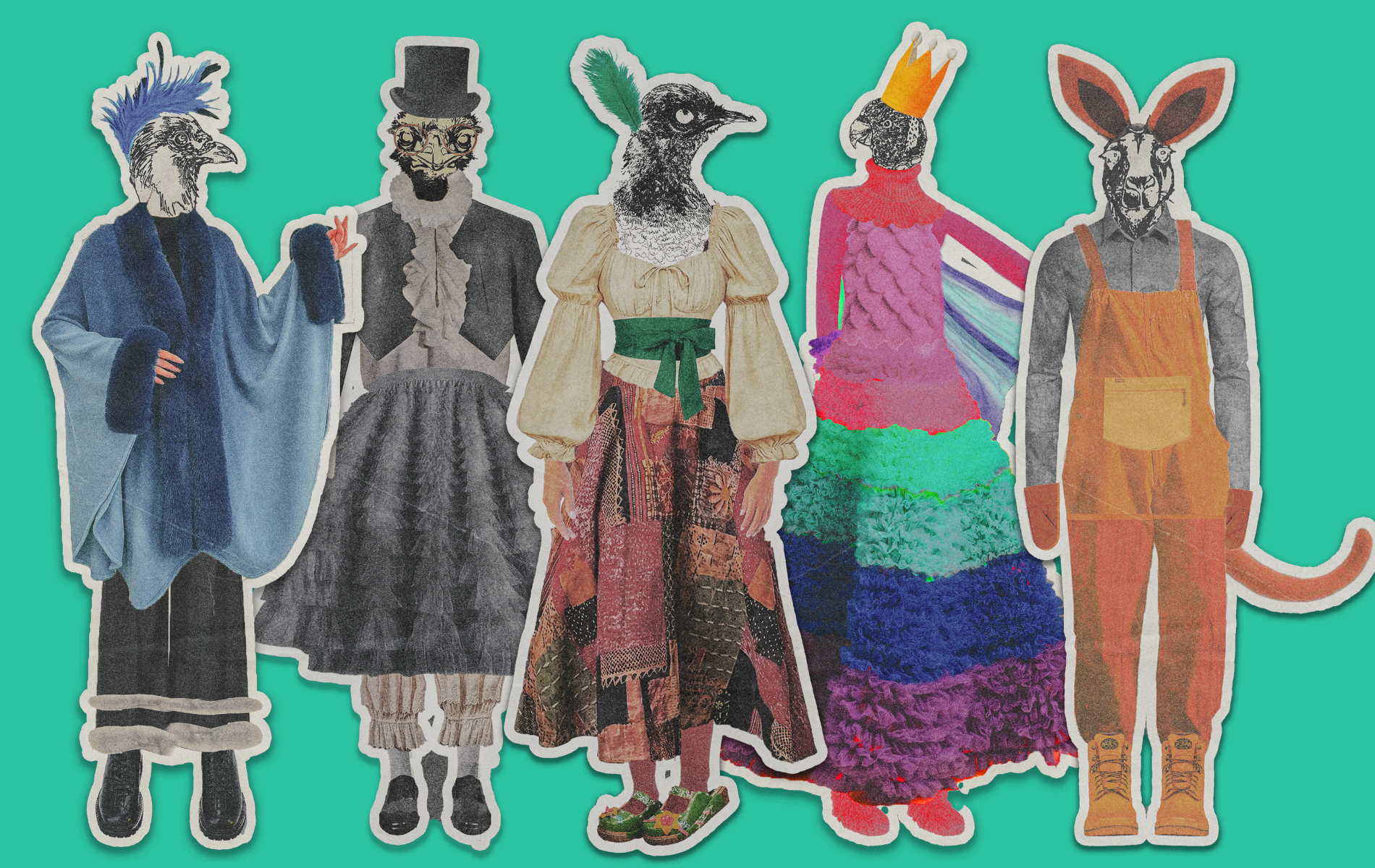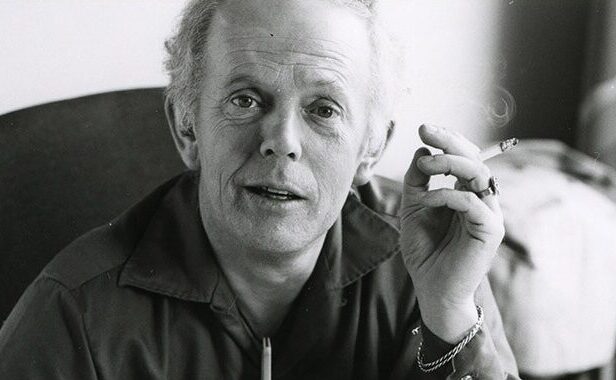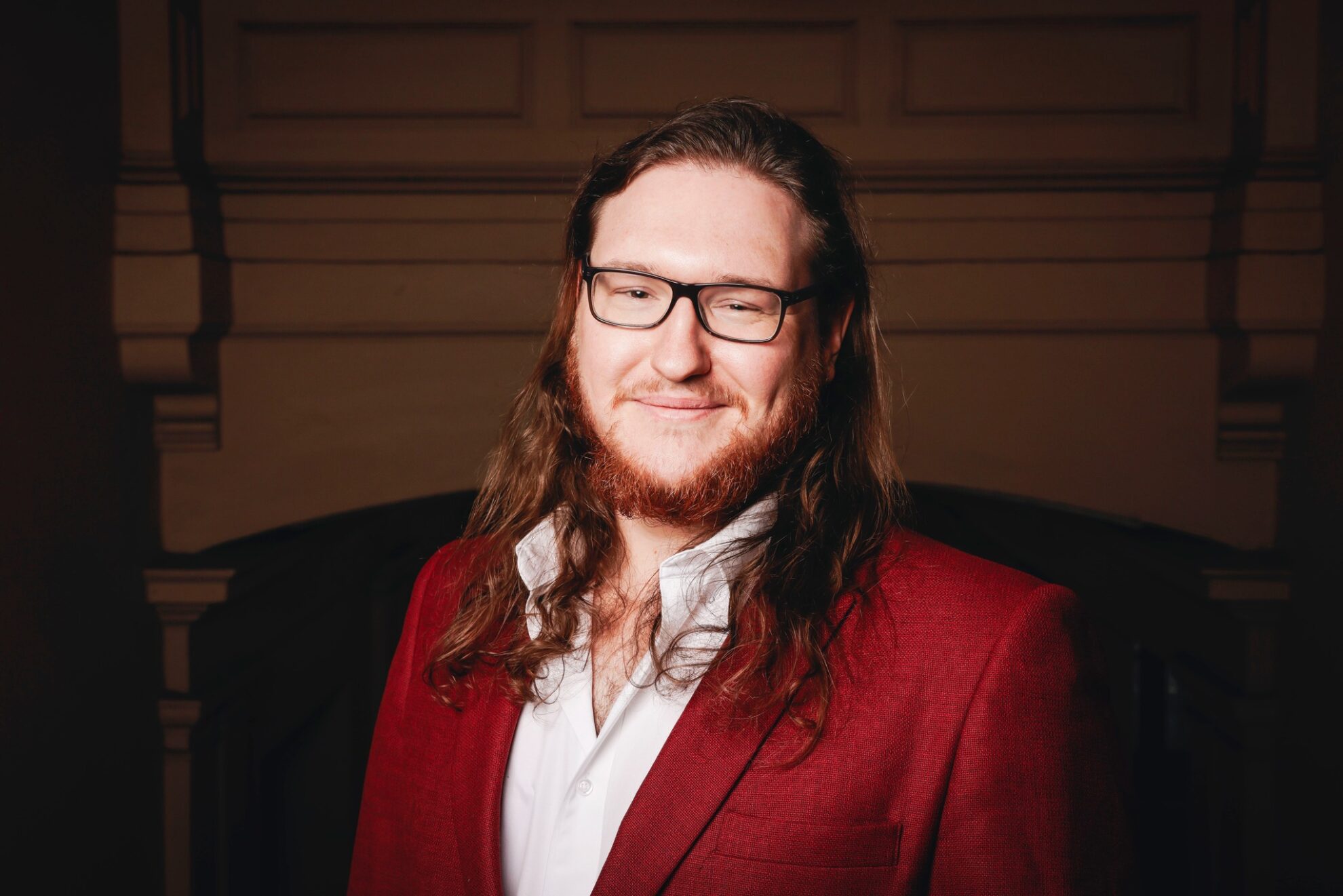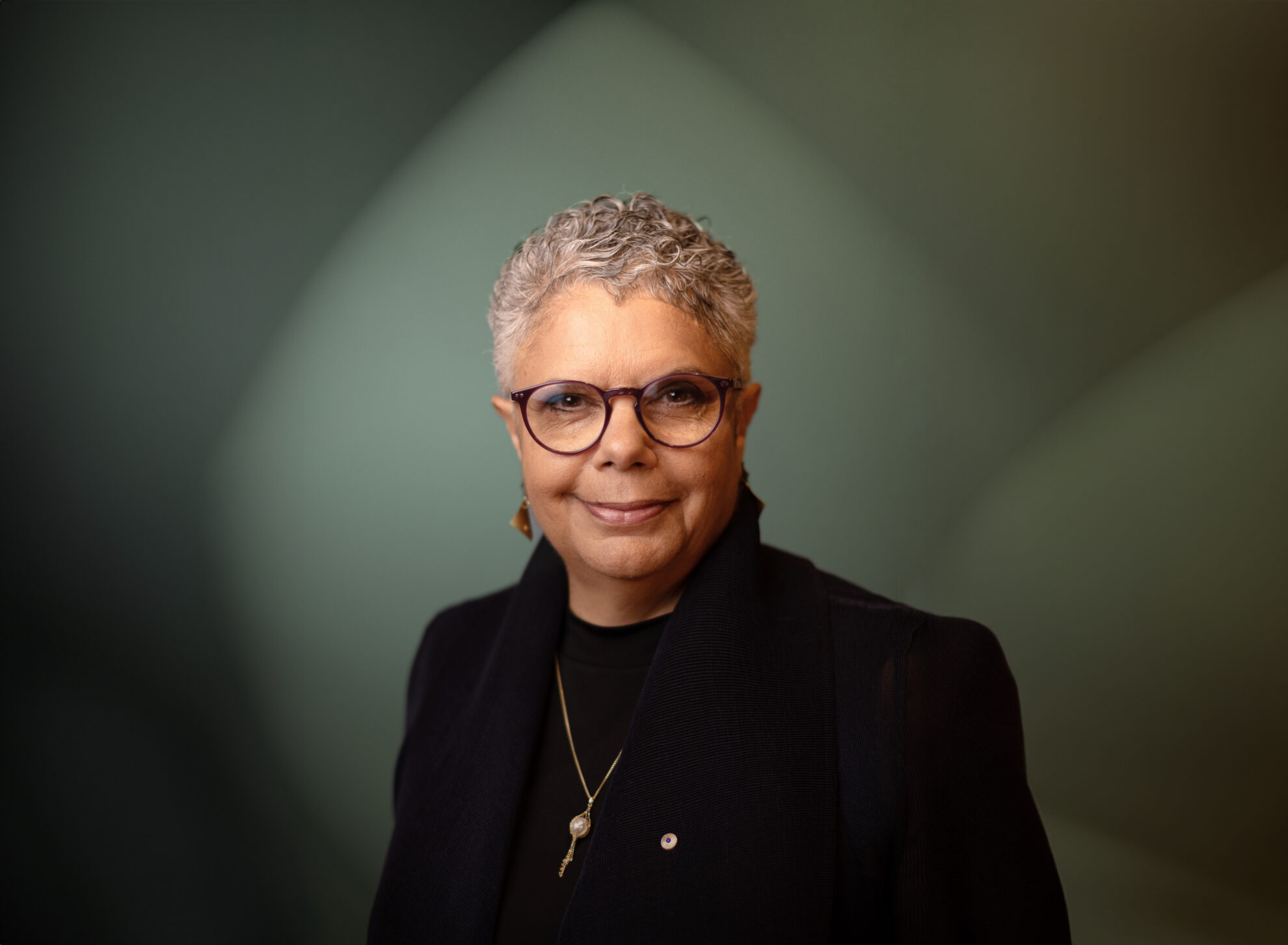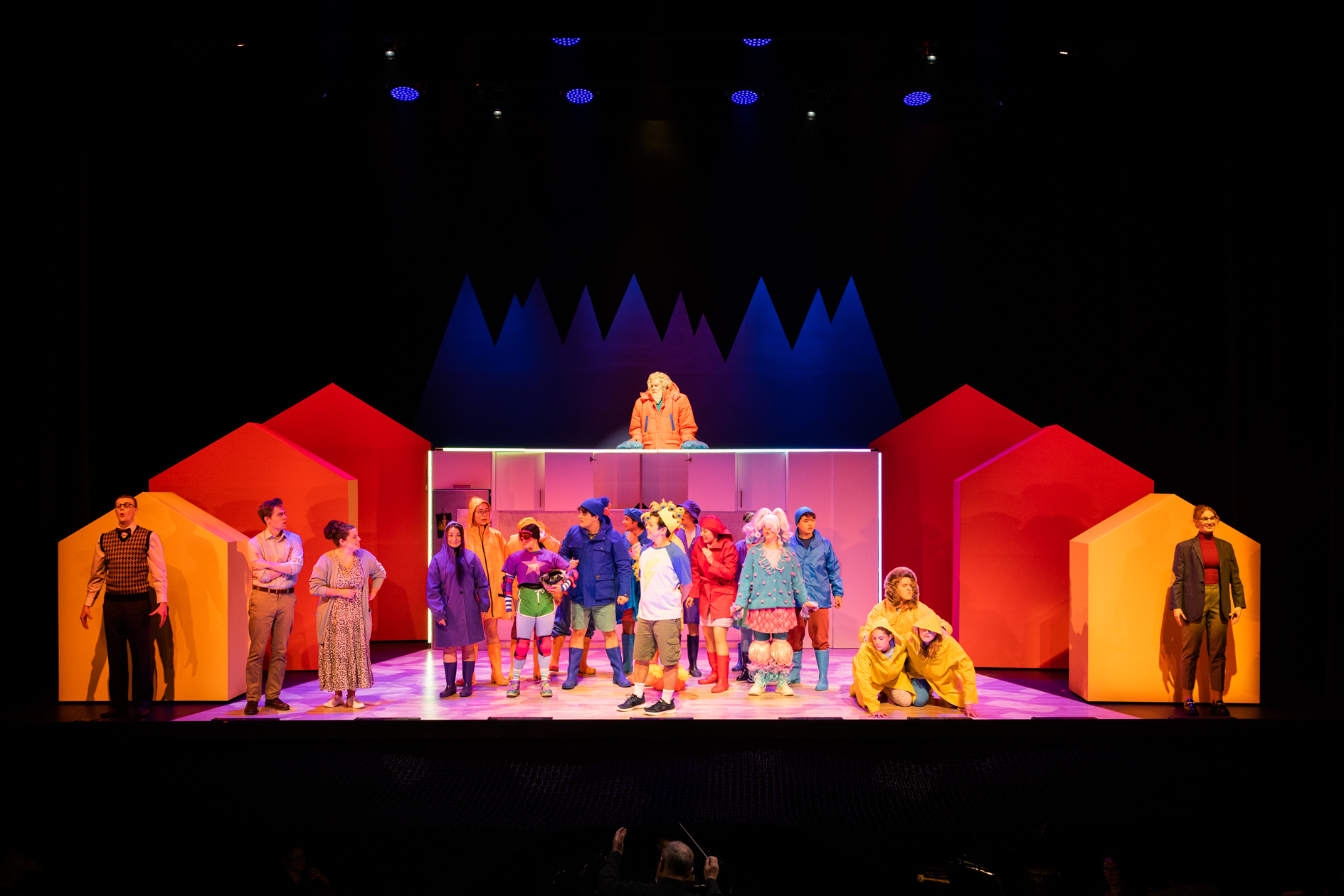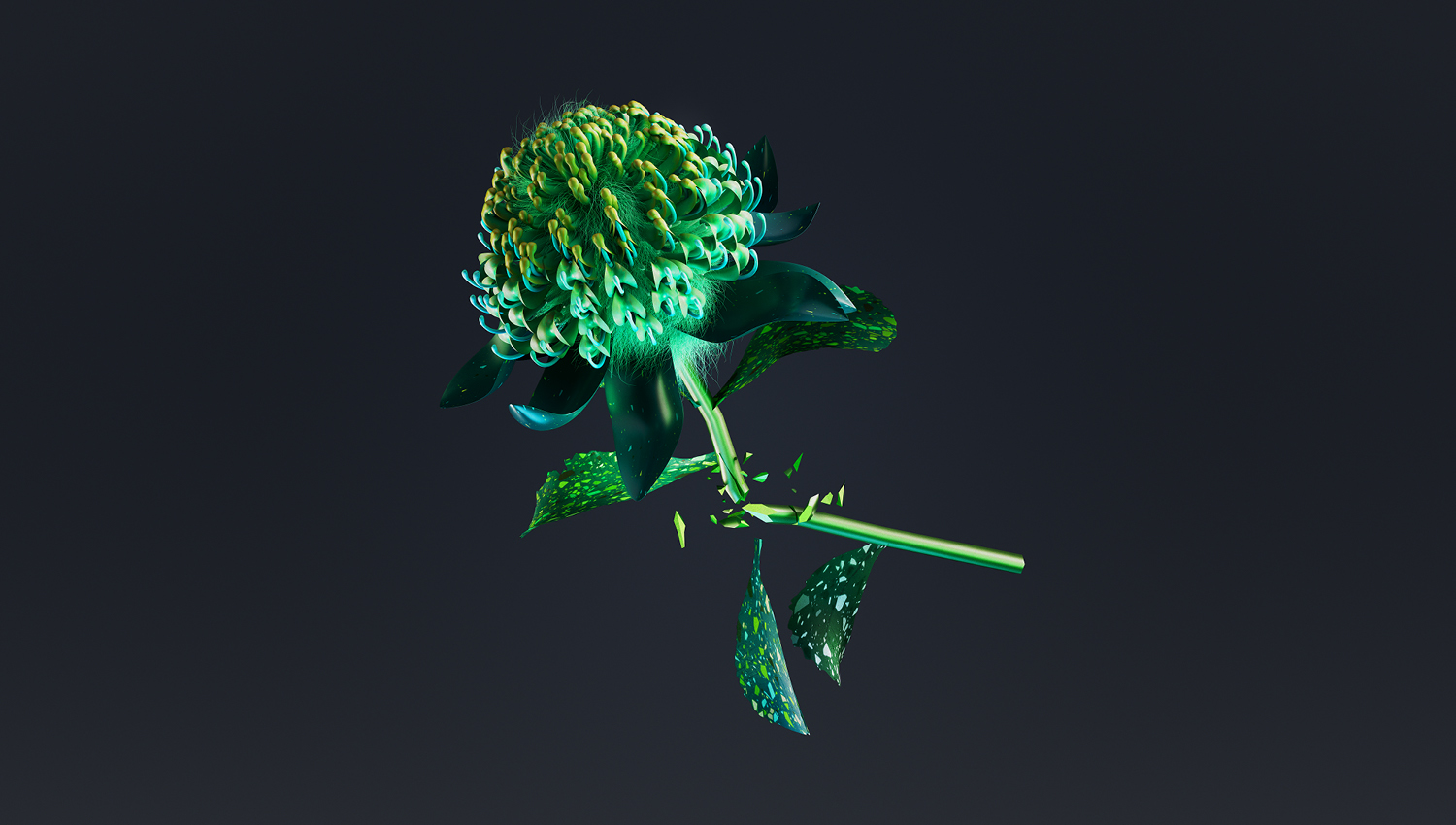
Interview with Jane Harrison
An indigenous perspective in opera is, unfortunately, rare, and it’s why we’re so excited to present The Visitors, a story that reimagines the events of January 26, 1788, through the First Nation people of the day.
We were recently lucky enough to chat with the librettist for this work, Muruwari woman, Jane Harrison about why this work is important, artistic collaboration and of course, snacks.
Tell us about your involvement with Victorian Opera.
The commission to write the libretto came through Christopher Sainsbury who had worked on the play version of The Visitors and who was talking to Richard Mills from Victorian Opera about ideas for a possible First Nations opera. Christopher pitched the idea to Richard who saw promise in the idea. I then met with Richard Mills and we discussed the script and what needed to be done to turn it into a libretto. That first hour with Richard Mills was like a masterclass in writing a libretto.
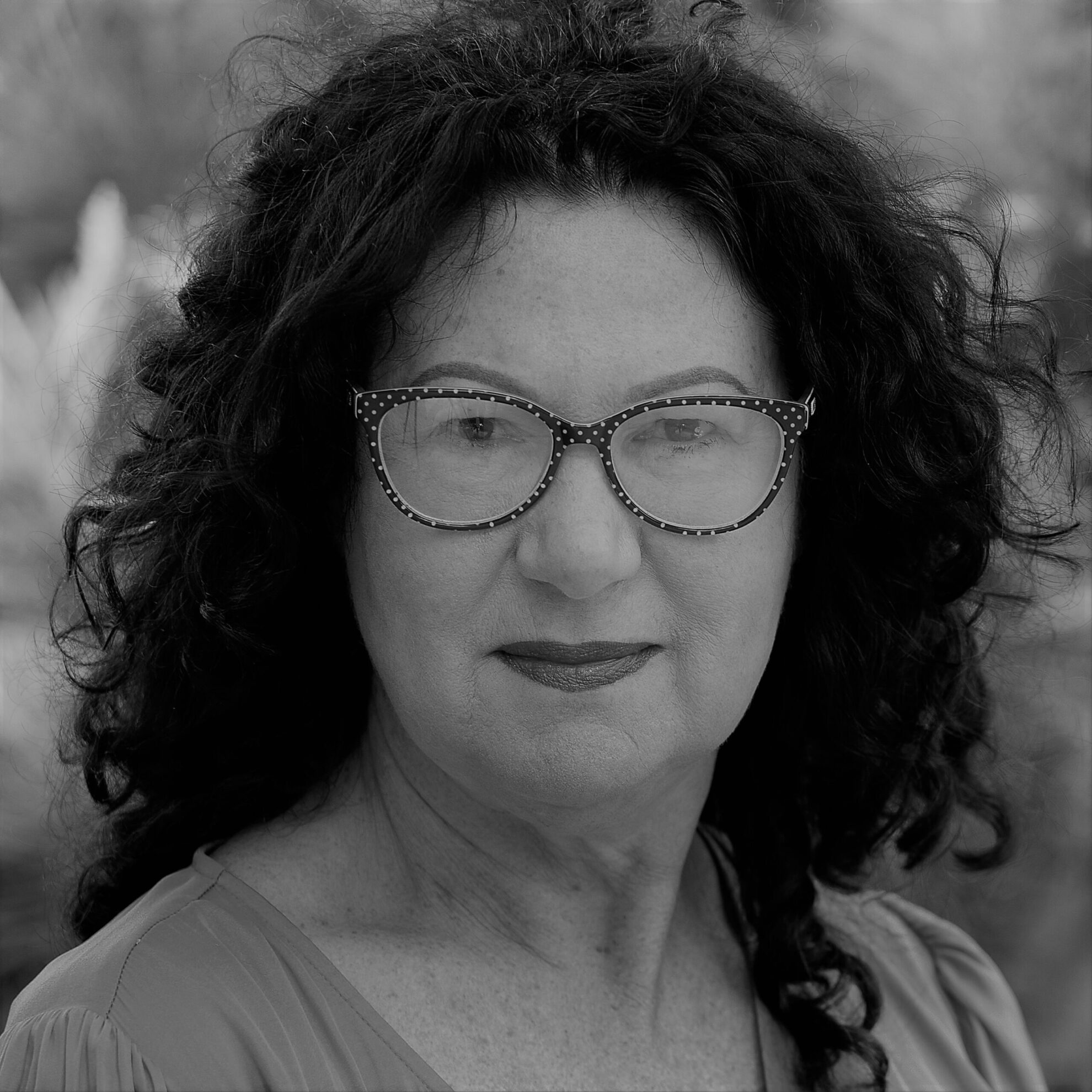
The Visitors has been presented in a number of ways, originally as a play, now as an opera and soon to be as a book. Tell us about this piece, how did it come about and why you felt the need to tell this important story through so many different mediums.
The idea began as a play script which I developed through a number of avenues including as a writer in residency at Monash Centre for Indigenous Studies back in 2011. It went on to be workshopped at different stages of its development before premiering at Sydney Festival in 2020. I started the book version before the play premiered and I completed it this year; it will be published in September 2023. At the same time as writing the draft of the novel I was working on the libretto for the opera.
Tell us about the premise of The Visitors and how did this idea come about?
There hadn’t been a reimagining of the events of January 26 1788 from the First Nations point of view. And yet it is the most significant day in our histories, both black and white. I wanted to dive deep into how it must have played out for the Aboriginal people on shore, watching the 11 boats of the First Fleet arrive. What did they think, feel and do at this pivotal moment? I don’t think enough people understand the significance of that day, and the repercussions of it.
You are the Artistic Director of Blak & Bright First Nations Literary Festival, tell us about this event.
I have delivered three Blak & Bright First Nations Literary Festivals since 2016. Blak & Bright is a four day showcase of more than 70 First Nations writers and storytellers across around 27 different events in the city of Melbourne. It is a celebration of the power of storytelling
How have you found the collaboration with Christopher Sainsbury?
Christopher did the music for the play at Sydney Festival. We met then and subsequently have met and discussed the narrative a number of times. In January this year I heard some of the music for the first time; it is very beautiful but also very tuneful (to my untrained ears). I was captivated. It has been an easy collaboration. What I love about the performing arts is that you get to work with others who are masters of their craft on the same work. It brings depth to a project.
I shouldn’t admit this but I am a bit of a novice when it comes to opera having seen only a few in my lifetime. Perhaps now I’ll be a convert. I do love to hear incredible voices though. I also enjoy the recordings of modern operas such as Nixon In China and Einstein on the Beach (which I have also seen live).
Do you find you have to change your approach when writing for the theatre as opposed to writing a novel? Did you have to make any changes to the text or your approach to writing to adapt The Visitors into an opera?
Each medium is very different in how you approach it. With the novel I needed to describe events which is anamema in playwrighting. All of the other elements that are present in a stage production – the performers, their costumes, the set and the props, music and lighting, are absent in a book so you have to create the atmosphere through description. For the opera I had to think big, grand gesture but hone the 60 odd pages of a stage script down to 20 pages of a libretto. So you do lose some narrative but it is more than compensated for by the music that does much of the storytelling.
Tell us about the experience of hearing your words brought to life in music and being sung, instead of being spoken.
It goes without saying the opera is a unique form of expression with the music being paramount to the experience of it. Yet the performers are still storytelling, so that’s what makes it accessible to me.
What is your favourite snack to have during an interval while at the theatre?
I like a glass of bubbly at the theatre. It always feels like a celebration of the arts seeing a live performance.
By Evan Lawson.
